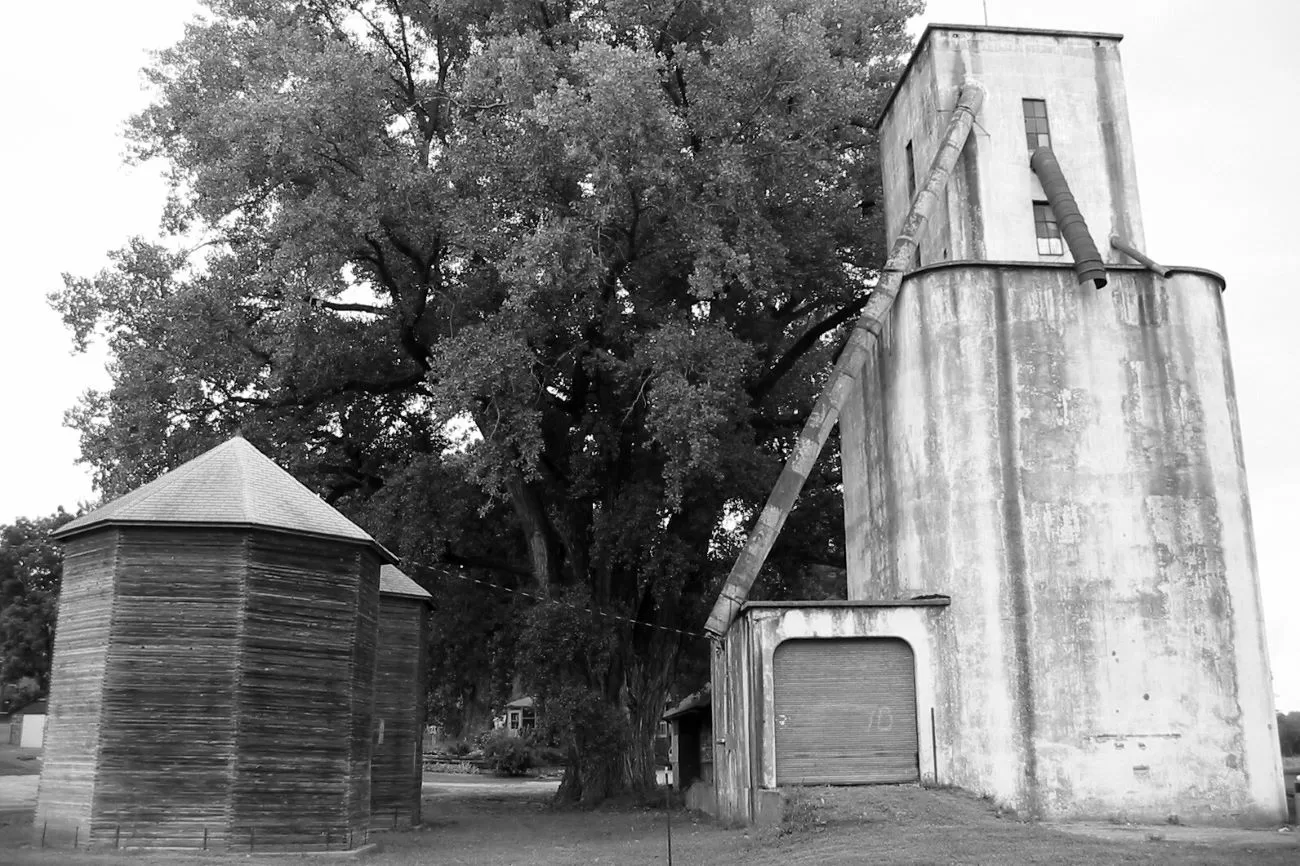In western Kansas one can see for miles. Grain elevators stick out of the earth like push pins on a map marking all the places I have been. My parents were rooted to that place, a farming community in central Kansas. My mother was the daughter of a farmer and a schoolteacher whose ancestors had immigrated to rural Kansas from Germany. Generations had worked the land, gotten married, had children whose children had children, and set down deep roots in...

